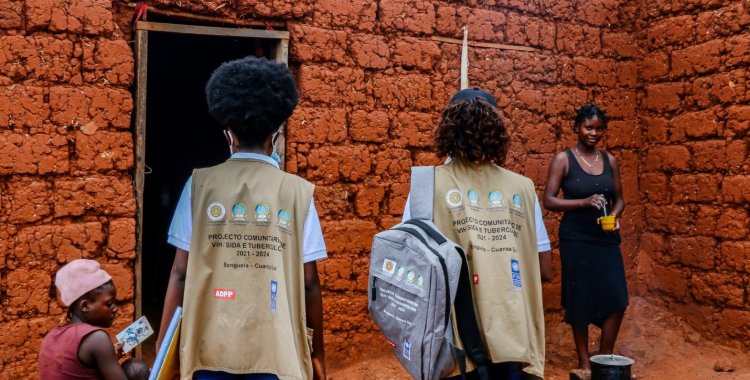For Belisário dos Santos, a specialist in decentralized governance, the level of human capital in Angola "is still low, given its economic potential", and increased investment in education and health should be the first step "to create a more diverse and resilient to shocks.”
"Public policies can play a fundamental role in changing the paradigm of the economic model with a view to finding the best solutions that allow the country to strengthen economic resilience and its competitive capacity and, ultimately, reduce extreme poverty and promote prosperity shared", he argued.
The expert, who spoke about "Public Policies in Promoting Economic Diversification and the Role of Financial Markets" on behalf of the World Bank (WB), during a forum in Luanda, highlighted four public policies that accelerate countries' economic growth.
He highlighted the investment in human capital as the first public policy, noting that the evidence shows that no country in the world has been able to diversify its economy without an intense and continuous investment in its human capital.
The level of human capital in Angola "is still low compared to its economic potential and this implies that increasing investments in education and health is the first step towards creating a more diversified and resilient economy to shocks", he stressed.
According to Belisário dos Santos, given the high demographic dividend in Angola, "expanding access and improving the quality of education can bring immediate economic returns to the country".
"Another implication is that a population with greater access to health and education services also increases investor confidence, as this translates into future productivity gains and greater ease of adoption of new technologies", he pointed out.
The focus on human capital, he continued, also means greater social inclusion, "that is, promoting a more equitable distribution of income also implies combating inequalities based on gender, race, religious, political and ethnic denominations".
The official, who was speaking during the XIIth Economy and Finance Forum: Economic Diversification and Financial Markets, promoted in Luanda by the Angolan Banks Association (ABANC), highlighted the provision of basic infrastructures as the second public policy "necessary" for growth.
Accelerating economic diversification "requires reliable access to energy, expanded access to water and sanitation, and adequate transport and logistics systems", he argued.
"Institutional and regulatory changes are also necessary, so that it is possible to attract private investments and operators in the infrastructure sector in order to reduce the burden on public finances", he noted.
Belisário dos Santos, who for eight years was national director of the State's Local Administration, also listed access to financing and strengthening institutional capacity as the last two public policies to boost economic growth.
"Low financial inclusion in Angola is one of the main obstacles to economic development and if the private sector is the engine of the economy, then we have to believe that access to credit is its fuel, however credit to the economy in Angola is very low when compared to other countries in the region", he argued.
Regarding strengthening institutional capacity, he said that the economic diversification agenda "is complex and requires a lot of planning, coordination, sequence and communication of reforms".
"The Angolan State has been committed to implementing these economic reforms with a view to accelerating economic growth and combating poverty, as set out in the PDN (National Development Plan) 2023-2027 and the Long-Term Strategy 2050", he stated .
He also considered that the BM has made its contribution, through financing in the health, water, energy, education, digital and social protection sectors, "key sectors for the development of human capital and economic diversification".
"Despite the obstacles, economic diversification is urgent and possible. And only then will it be possible to transform Angola into an effective economic power and give every Angolan man and woman the possibility of a dignified life and living", concluded Belisário dos Santos.







